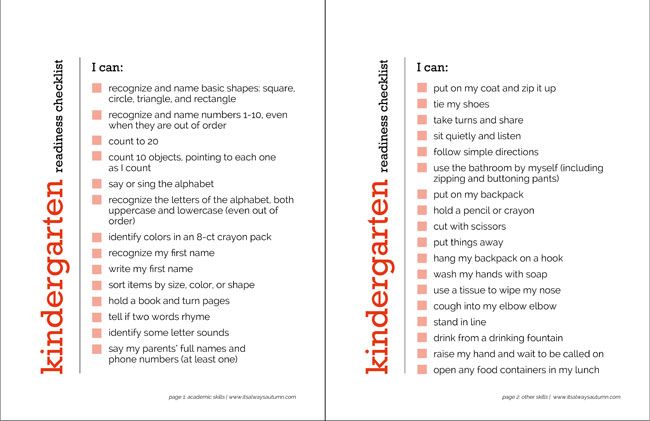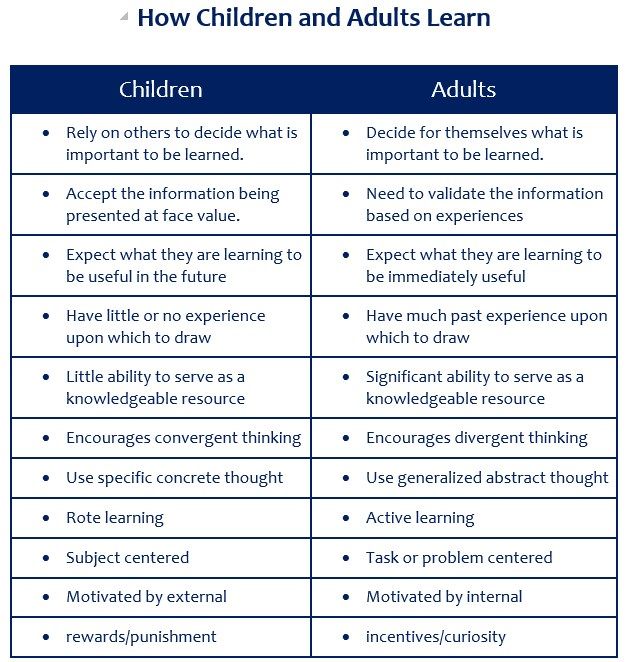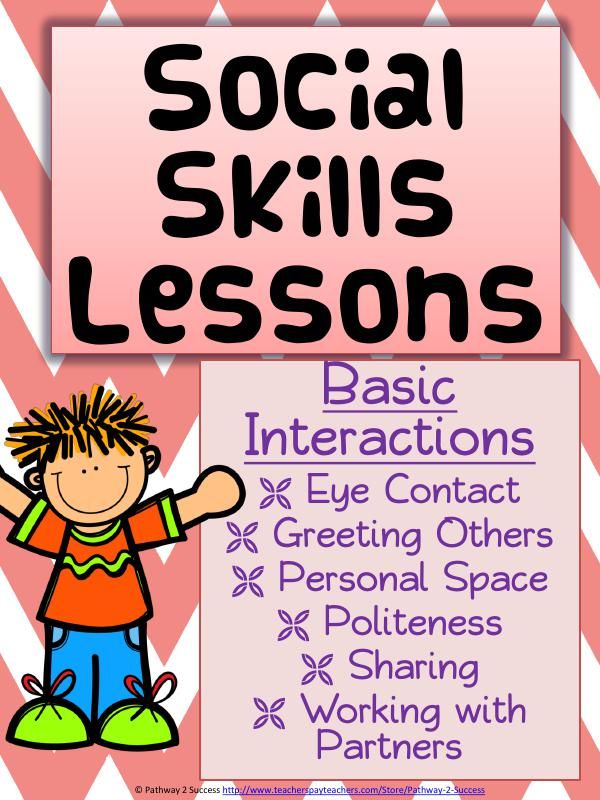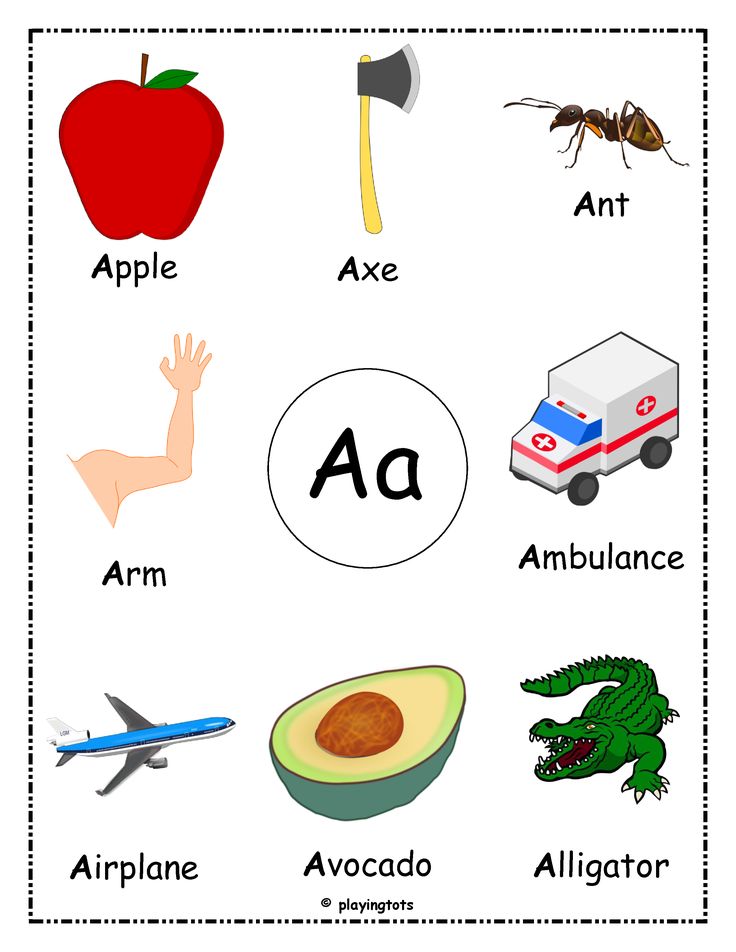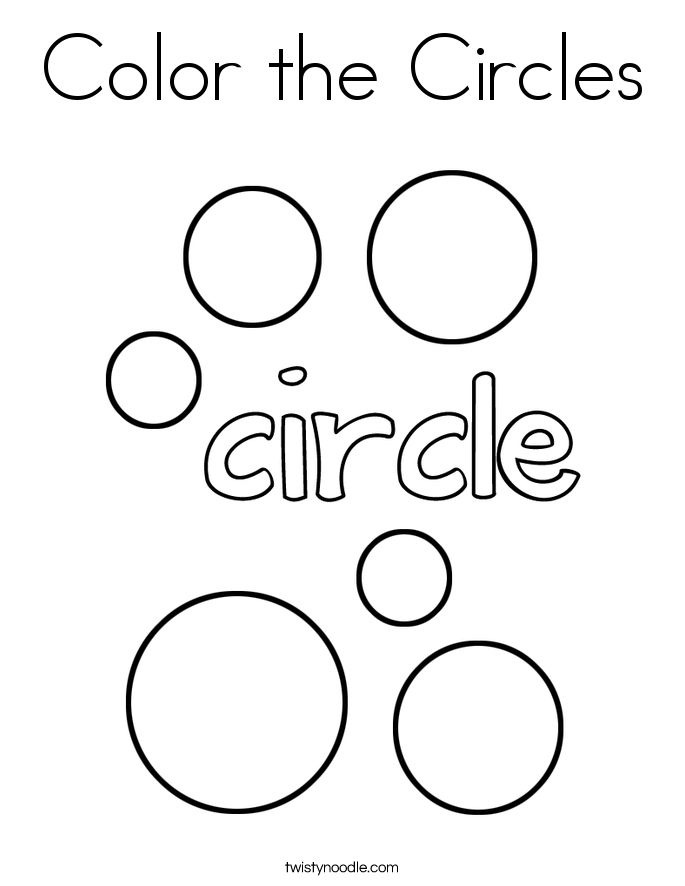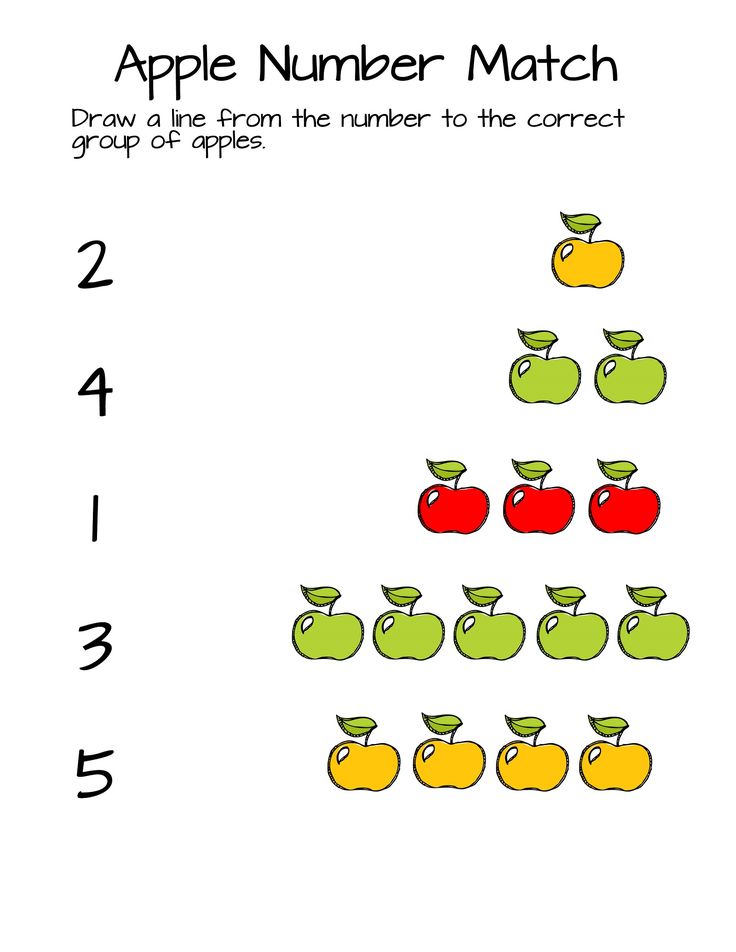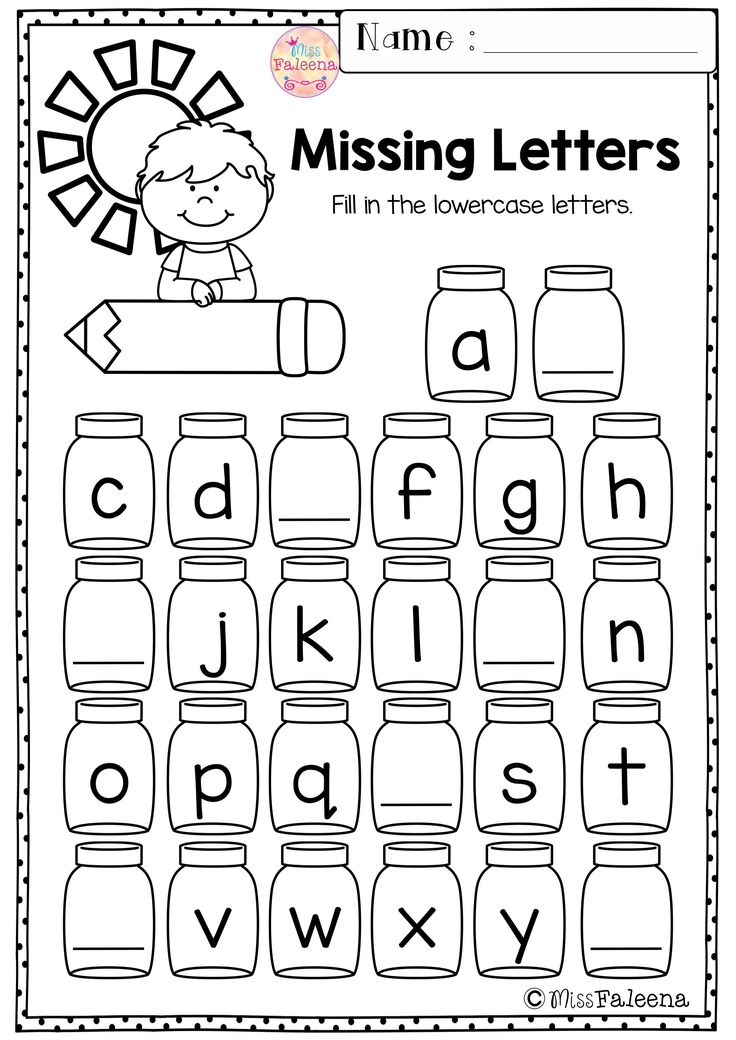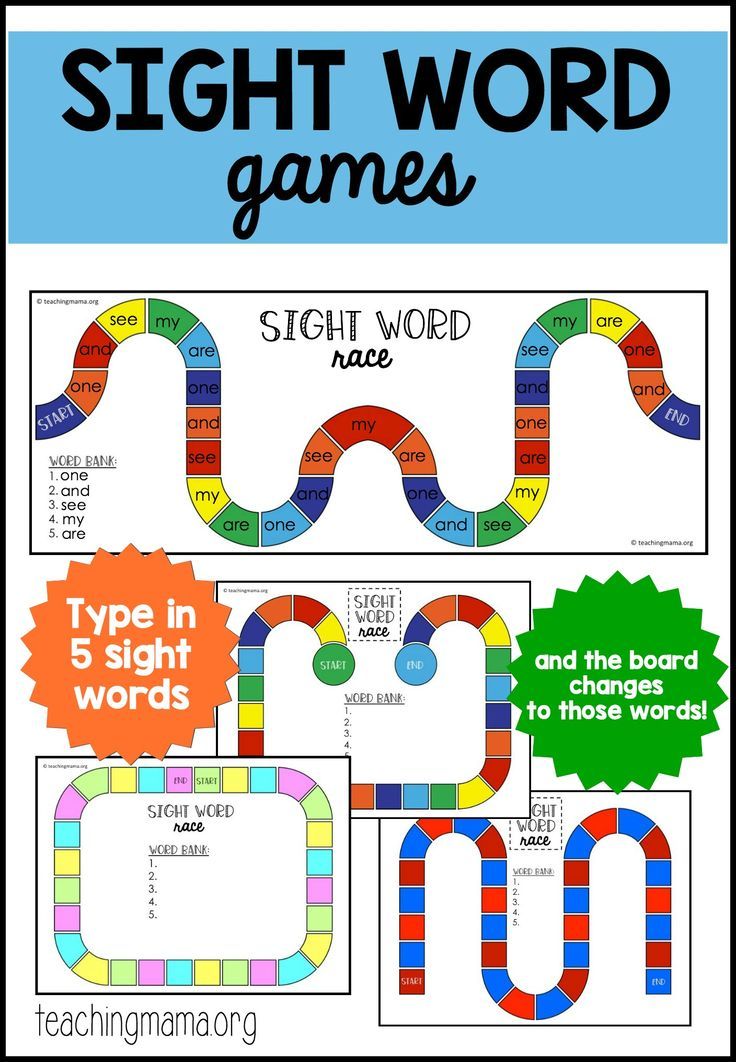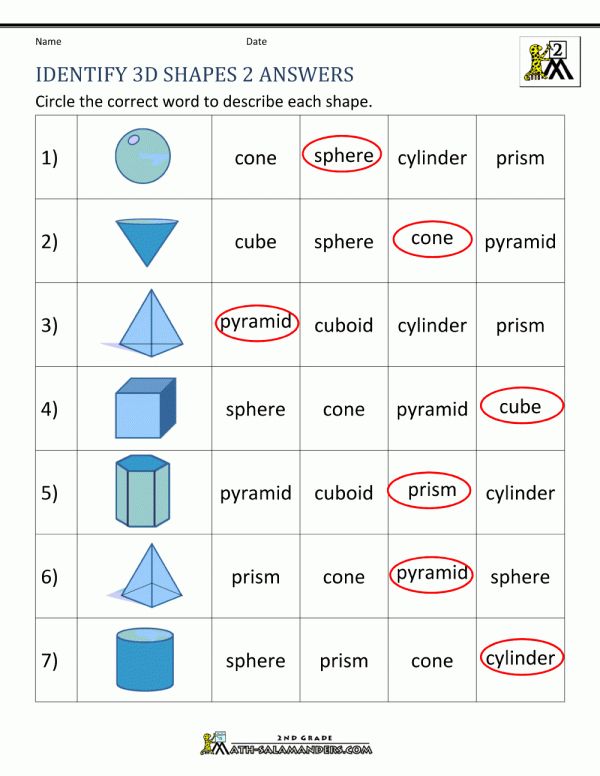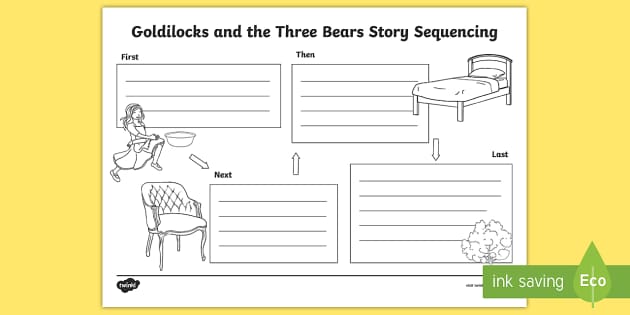What your child needs to know for kindergarten
10 Things every Child needs to be Ready for Kindergarten
“Is my child ready for kindergarten? How can I help them get ready?” These two questions are asked of every preschool teacher when kindergarten registration nears. Kindergarten teachers are pros at getting children from different ability levels and backgrounds all on the same page. Children who begin kindergarten with a solid foundation and knowledge base will have a much easier time adjusting. While they don’t have to know everything, these 10 Important Things will help them make an easy transition on the next step of their educational journey.
Starting kindergarten is such an exciting and important time! Parents naturally want their children to have a terrific first experience at school. There is so much to learn in kindergarten — How to ride the bus, how to make new friends, how to function in a class of 20-25 students, how to go to lunch and music and art, how to find the right seat, how to walk in line in the hall, and on and on! How can a parent know if their child is ready for kindergarten?
While teachers certainly don’t expect children to come to school knowing everything already, the first few weeks will go much smoother if the child has a solid foundation. Students who are entering kindergarten should be able to:
1.
Verbalize Wants and NeedsChildren who greet one another with a “Hello,” who ask their teachers for what they need, who negotiate well with peers, and who speak up for themselves will do well socially in kindergarten. Practice this skill with play dates, play-based preschool, and out in the community. Help a child learn to order from a menu themselves instead of ordering for them at a restaurant, encourage them to ask for help finding a particular book at the local library, and set them up for success!
2. Write Their Names
Ideally, the children will write their first names from left to right with a capital first letter and the rest lowercase. At the very minimum, though, they need to be able to write some form of their first name that is recognizable to the teacher.
3. Handle a Book
Don’t expect a preschooler to read at this age, but rather be able to locate the cover, hold it in the right direction, turn the pages, and locate the text.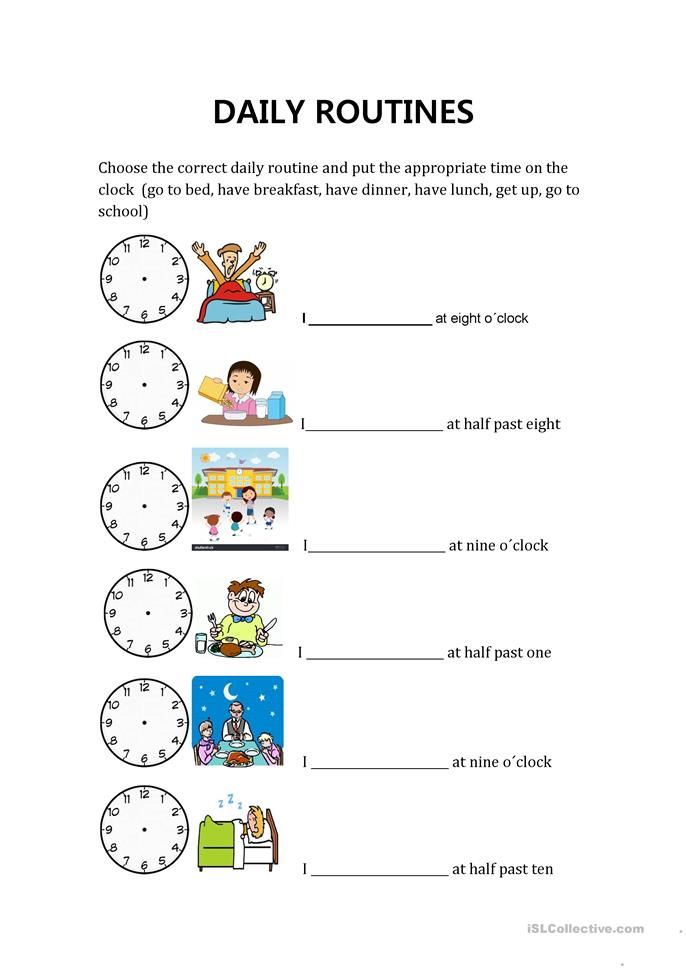 The one and only way to teach this skill is to read to your child every single day. Have books in every room and in the car. Make sure that your child sees you reading your own books, too. Visit the public library often. Read, read, read! Children that are ready to daily begin more ready for kindergarten, as they are used to listening to stories, following along, and have seen reading positively modeled.
The one and only way to teach this skill is to read to your child every single day. Have books in every room and in the car. Make sure that your child sees you reading your own books, too. Visit the public library often. Read, read, read! Children that are ready to daily begin more ready for kindergarten, as they are used to listening to stories, following along, and have seen reading positively modeled.
4. Get Themselves Dressed
Kindergartners need to be able to put on their own coats and shoes and button their own pants. If your child hasn’t mastered shoe tying at the beginning of the year, don’t panic! Keep practicing, but be sure to send them to school in velcro shoes (or something similar) that they can do independently.
5. Be Independent in the Bathroom
Kindergarten teachers are likely not going to be able to accompany their students to the bathroom. The students must be able to handle their own pants (no overalls or onesies!), wipe themselves, and wash their own hands.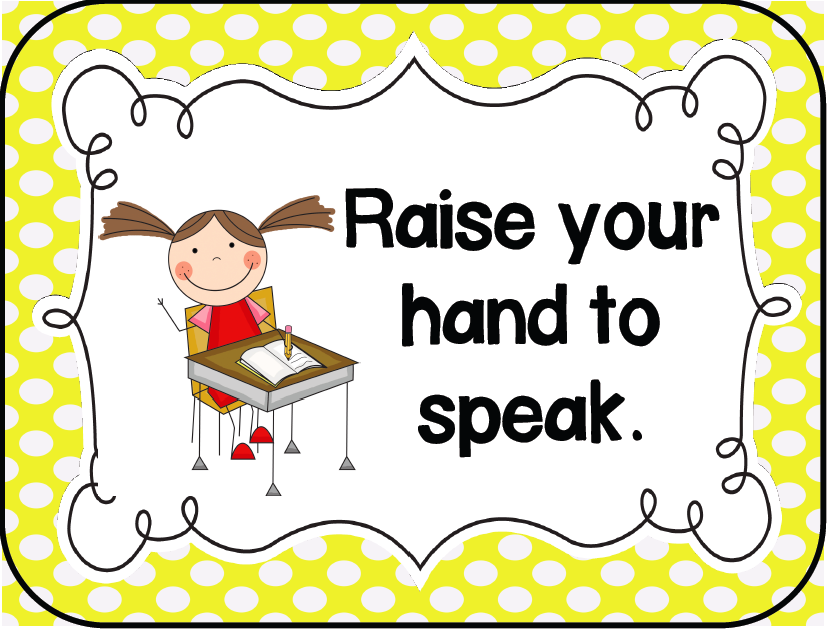 Help them succeed with easy clothing with elastic bands and progress with buttons and zippers as they gain confidence. Start practicing at age 4!
Help them succeed with easy clothing with elastic bands and progress with buttons and zippers as they gain confidence. Start practicing at age 4!
Check out this Resource from my Shop!
Bathroom | Preschool Classroom Routine
$3.00
Spend time the first week of school teaching essential early childhood ROUTINES, such as how to use the bathroom facilities. These posters and books benefit students who need visual prompts and reminders!
Preview in the Shop
Added to cart
6. Use Scissors, Glue, and Crayons
There’s a lot of coloring, cutting, and pasting going on in kindergarten. The children who already know how to use their school supplies at the beginning of the year get a big gold star. If you need some suggestions for using scissors, this set of pictures that shows the “right” way and the “wrong” way.
7. Identify Some Letters and Letter Sounds
Starting with the letters of their name, children who are entering kindergarten should know many of the letters. It’s helpful if they also know that letters make sounds, but not imperative that they know what each one is.
Looking for more ways to practice writing names?
Editable Name Practice *Set 1
$6.00
These EDITABLE NAME PRACTICE pages will save you TONS of TIME! Our youngest students need lots of practice writing their names. But, it takes time to make individual worksheets. Not anymore! Just type your class list into the editable form, and the worksheets will automatically fill in each child’s name. Print and go!
This set includes 9 different worksheets so that you can customize and differentiate the practice that your children need.
Preview in the Shop
Added to cart
8.
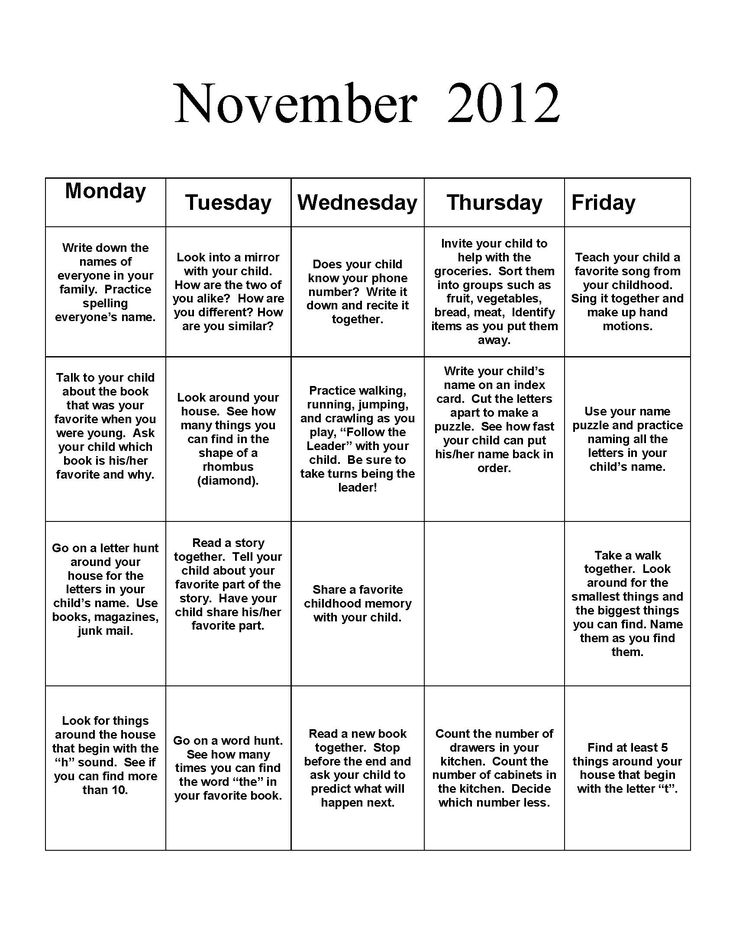 Count to 10
Count to 10Kindergartners should be able to rote count (1-2-3-4…) through 10 and also be able to count a set of objects (4 crackers) with good one-to-one correspondence.
Check out this Resource from my Shop!
Counting Number Mat Bundle
$20.40
This money-saving bundle includes 8 sets of thematic Number Mats that help children learn to recognize numbers, count to 12, and develop strong number sense all year long.
Preview in the Shop
Added to cart
9. Rhyme
There is research that shows that children who have good phonological awareness skills (Rhyming is one of them!) tend to become better readers. Play with rhyming words with your child. Sing nursery rhymes and rhyming songs. Read books that have rhymes.
10. Separate from Their Parents
Separation anxiety is very common among children who are just beginning school.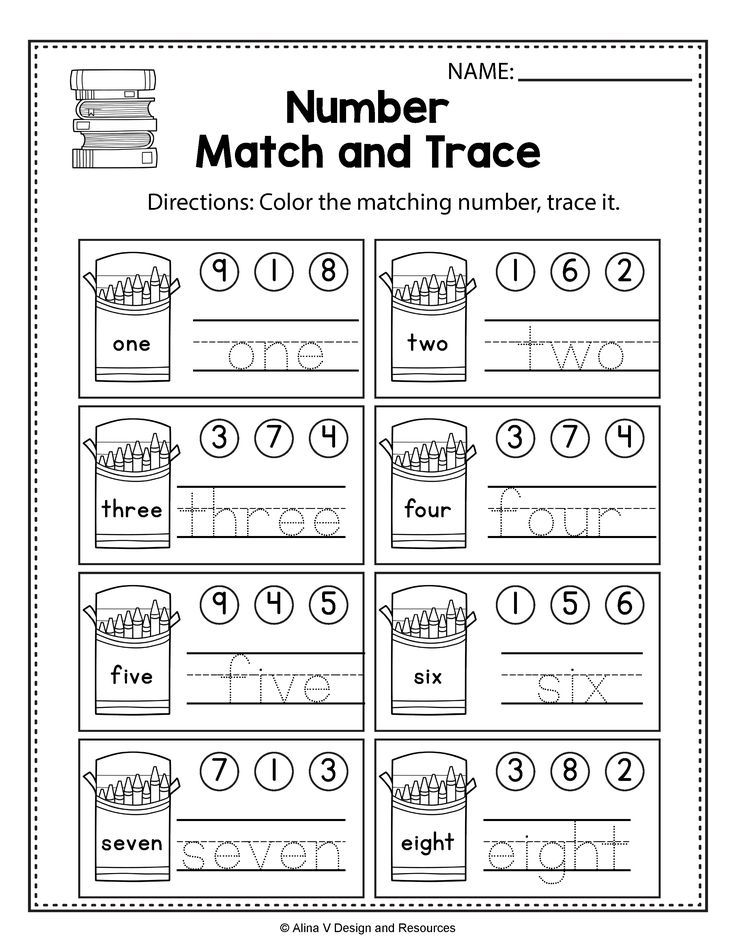 Kindergartners who are happy and comfortable in the school setting are off to a great start. Read here for more information about separation anxiety.
Kindergartners who are happy and comfortable in the school setting are off to a great start. Read here for more information about separation anxiety.
Free Printable!
Here is a free printable copy of this list – perfect for handing out at kindergarten registration or preschool graduation!
Want Extra Help Getting Ready for Kindergarten?
Sometimes, we all need a little extra help. Click here for a free week of Play Your Way to K – a fully online kindergarten readiness program made just for preschoolers!
I’d love to hear from you. What do you think are the essential skills that all kindergartners need to have? If you are a kindergarten teacher, what do you wish that your incoming students would be able to do?
As always, have fun playing and learning with your children today!
Are you a teacher?
FREE Name Bundle!
Enjoy Free Name resources perfect for your preschoolers!
After you subscribe, you will be redirected to the FREE Name Resources.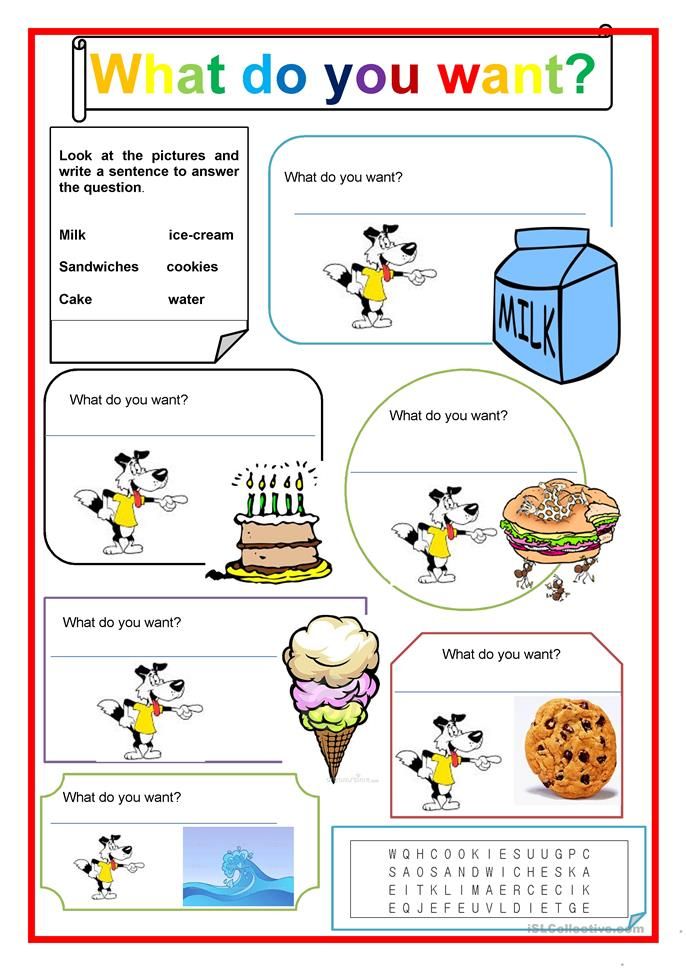 We respect your privacy. Unsubscribe at any time.
We respect your privacy. Unsubscribe at any time.
Kindergarten Readiness Checklist | Understood
Kindergarten Readiness Checklist | UnderstoodSkip to contentThis page is in English
Because differences are our greatest strength
DonateOpens new windowWhy support Understood?
ByAmanda Morin
At a glance
Many kids who are ready for kindergarten can say the alphabet and count to 10.
Kindergarten readiness includes motor skills like holding a pencil and using scissors.
Self-care like getting dressed and not needing help in the bathroom are important kindergarten skills.
When kids are getting ready for kindergarten, many families wonder about academic skills. But self-care and social and emotional skills are important for kindergarten readiness, too. For example, does your child need help using the bathroom? Learn about the different kinds of skills kids are expected to have when they start kindergarten.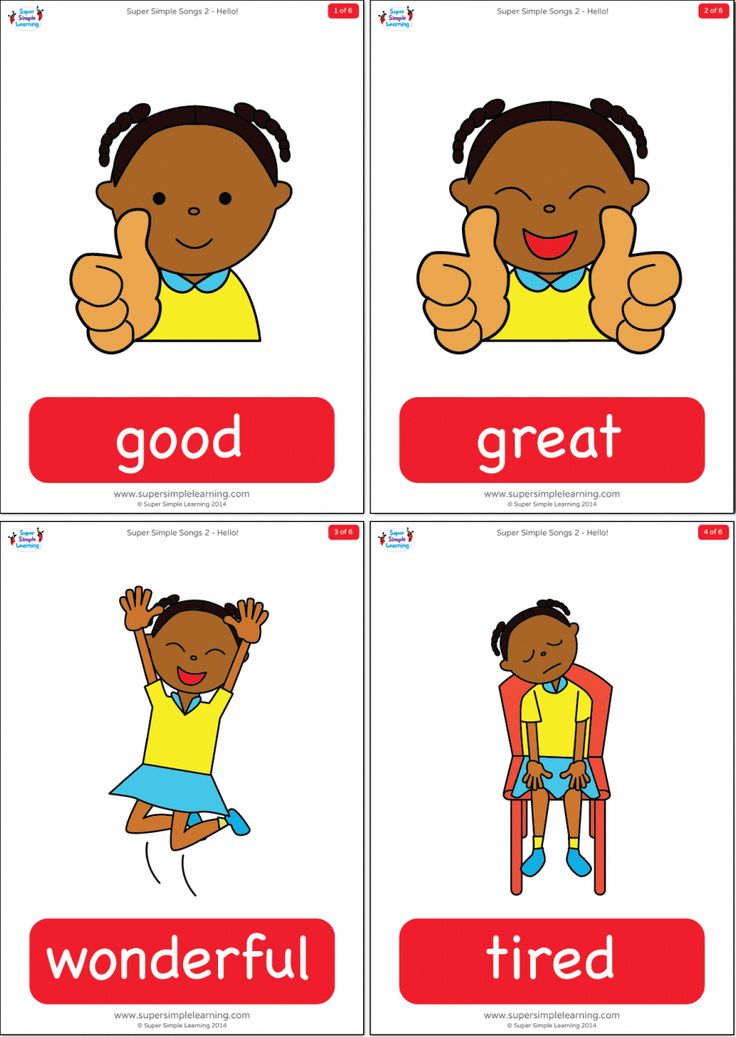
Language skills
- Speak in complete sentences and be understood by others most of the time
- Use words to express needs and wants
- Understand two-step directions
- Make comparisons and describe relationships between objects like big/little, under/over, and first/last
Reading readiness skills
- Enjoy listening to stories
- Know how to find the first page of a book and which way to flip the pages
- Recognize familiar logos and signs, like stop signs
- Recite the alphabet and identify most of the letters
- Recognize and try to write their own name
- Recognize when two words rhyme (like cat and bat)
- Start to connect letter sounds to letters (like the sound of the first letter in their name)
- Draw a picture to help express an idea
Math skills
- Count from 1 to 10 without skipping numbers
- Match a number to a group of five or fewer items (“I see three cats”)
- Recognize and name basic shapes (square, circle, triangle, rectangle)
- Understand more than and less than
- Arrange three objects in the right order (like from smallest to biggest)
- Name or point to the colors in a box of eight crayons
Self-care skills
- Use the bathroom and wash up on their own
- Get dressed on their own (but may still need help with buttons, zippers, and shoelaces)
- Know and can say their first and last name and age
Social and emotional skills
- Separate from a parent or caregiver without getting overly upset
- Interact with other kids
- Pay attention for at least five minutes to a task an adult is leading, like listening to directions for an activity or discussing the day’s weather during circle time
Fine motor skills
- Use a pencil or crayon with some control
- Use scissors
- Copy basic shapes
- Make distinct marks that look like letters and write some actual letters, especially the ones in their name
- Put together a simple puzzle
Gross motor skills
- Run
- Jump with feet together
- Hop on one foot
- Climb stairs
- Bounce a ball and try to catch it
How to help your rising kindergartner
Kids develop skills at different rates.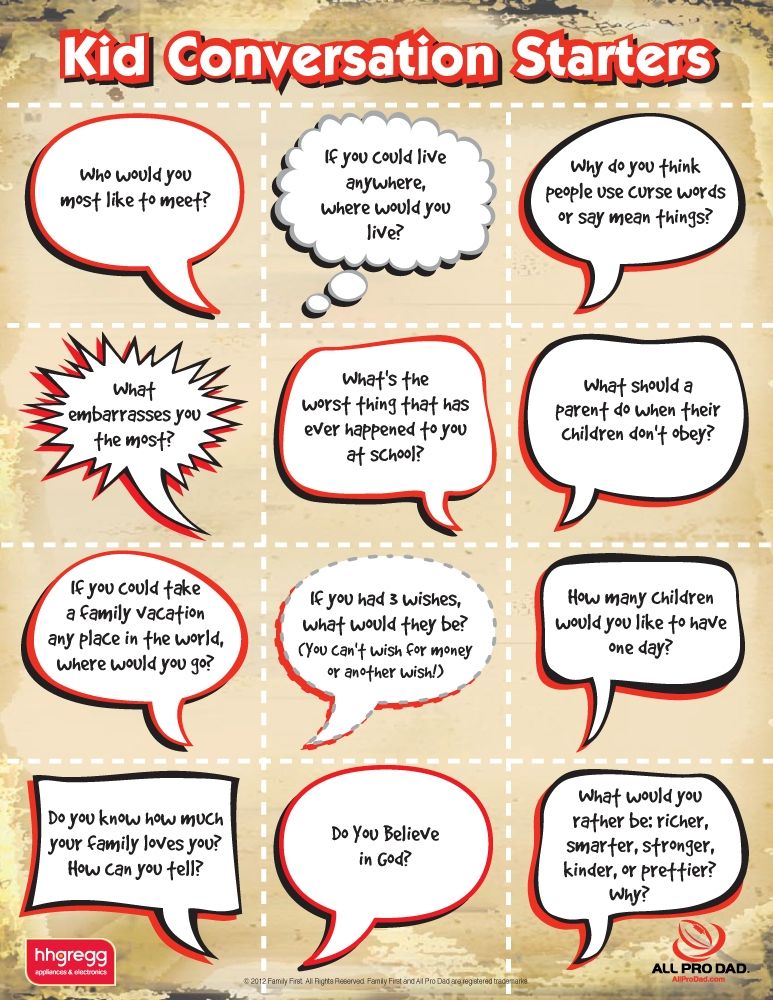 It’s not unusual for kids to have strong skills in one area and weak skills in other areas. Some states use kindergarten readiness tests to get a sense of which early learners might need extra help in some areas.
It’s not unusual for kids to have strong skills in one area and weak skills in other areas. Some states use kindergarten readiness tests to get a sense of which early learners might need extra help in some areas.
If you’re concerned your child isn’t ready for kindergarten, talk with your child's preschool teacher and work together to come up with a plan to address any trouble spots. You might also want to talk with your child’s health care provider. Learn about the pros and cons of delaying kindergarten for a year.
If your child is headed for kindergarten, explore these steps for a smooth transition. You might also want to see a set of videos on what kindergarten academic skills look like in action.
Key takeaways
Kids develop skills at different rates and might be strong in some areas and weak in others.
Some states use kindergarten readiness tests to see if kids need extra help in certain areas.
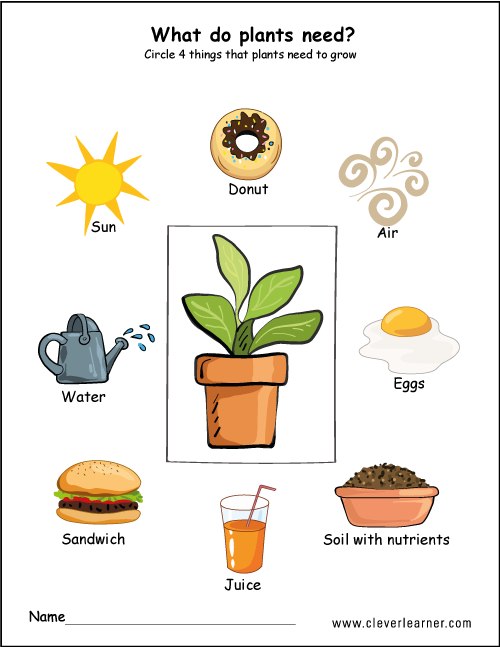
If you’re concerned your child might not be ready for kindergarten, talk to your child’s preschool teacher about how to help.
Tell us what interests you
About the author
About the author
Amanda Morin is the author of “The Everything Parent’s Guide to Special Education” and the former director of thought leadership at Understood. As an expert and writer, she helped build Understood from its earliest days.
Reviewed by
Reviewed by
Kristen L. Hodnett, MSEd is a clinical professor in the department of special education at Hunter College in New York City.
Discover what’s possible when you’re understood.
We’ll email you our most helpful stories and resources.
Learn more
Copyright © 2014-2023 Understood For All Inc.
▷ How to prepare your child for kindergarten: useful tips for parents
There comes a time in every family's life when parents think about how to prepare their child for kindergarten .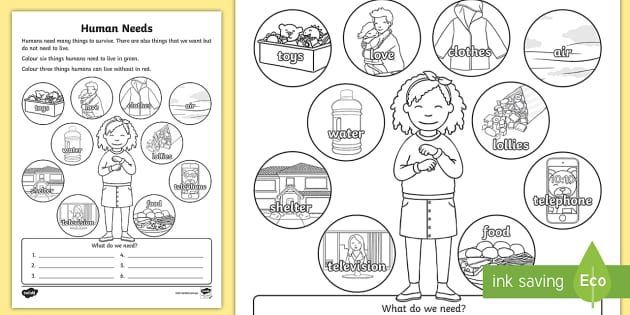 Whatever one may say, this is a responsible task, which is better to start in advance.
Whatever one may say, this is a responsible task, which is better to start in advance.
Let's figure out together how to make sure that the little one does not get sick in kindergarten and the adaptation is as comfortable as possible.
How to prepare your child's immunity for kindergarten
Every mother is faced with the fact that the “adult life” of her toddler invariably begins with viruses that he picks up in kindergarten.
No matter how much we would like to hope that our baby is the strongest and healthiest, it is better to help the little man survive the period of adaptation with minimal losses in advance.
How to protect your child from diseases in kindergarten:
- Do not put off this question for later. In order for your sun to quickly get used to the new conditions, walk more in the fresh air now. And on one of these walks, visit the future preschool institution: introduce the baby to the teacher, show the group where he will spend time.
 Thus, the little man will be able to gradually get used to the idea that he will spend part of the time without his mother, and will also be able to physically adapt to the new environment.
Thus, the little man will be able to gradually get used to the idea that he will spend part of the time without his mother, and will also be able to physically adapt to the new environment. - Harden yourself. This is one of the best ways to strengthen the immunity of a child in kindergarten. In order for the baby not to protest against this, organize all hardening procedures so that your child perceives them as a fun game. And it's more fun for him, and it's easier for mom!
- Promote socialization. If a son or daughter has a sufficiently large circle of friends, it will be easier for them to join the team with other children.
- Take your vitamins. Naturally, having previously coordinated this issue with the pediatrician.
- Choose a good diet. The same vitamins and useful trace elements can be taken from vegetables and fruits. The better the diet, the healthier the baby will be. And one more thing: before giving the little man to the group, introduce him to the dishes that he will eat in the kindergarten.
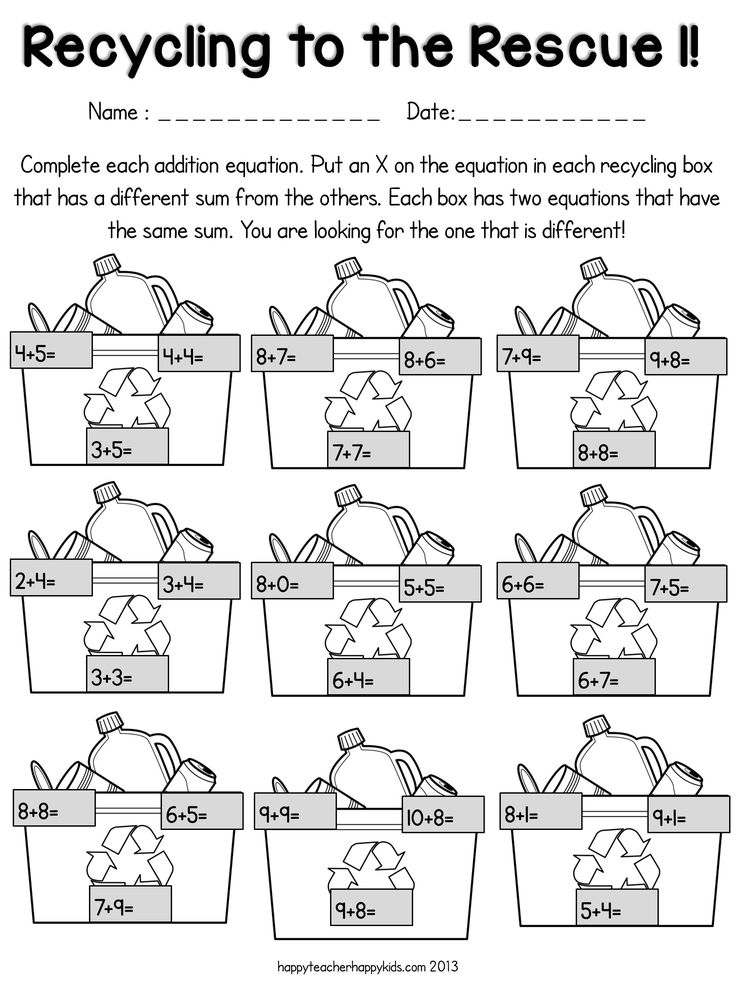 Thus, the angel will be able to get used to the new diet and not be capricious at the sight of unfamiliar food.
Thus, the angel will be able to get used to the new diet and not be capricious at the sight of unfamiliar food. - Wear comfortable clothing. Ideally, it should be made from natural materials, such as Komsomol knitwear. Do not be surprised: one of the common answers to the question of how not to get sick in kindergarten is just good clothes. And here's why: high-quality knitwear does not provoke allergies or irritations, they sit well on the figure, thanks to which the baby will feel 100%. They do not rub or injure the skin. And even more than that - they allow her to breathe, passing air and absorbing excess moisture. Buying things from the Komsomol knitwear TM Demi for your little one, you can be sure that the little angel will quickly get used to the kindergarten and his immunity will always be normal.
What a child should be able to do for kindergarten
First, let's talk about how to prepare the little ones for kindergarten.
Such preparation is needed so that the little sun does not panic and feels confident, spending part of the day without mom.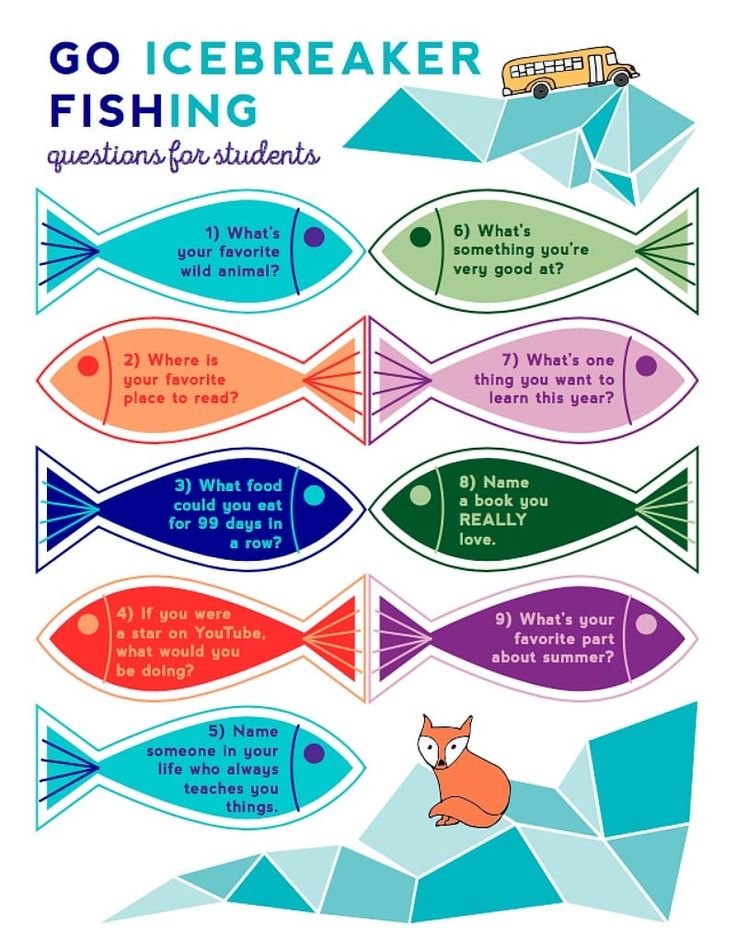
What a child should be able to do when going to nursery garden:
- drink from a cup and be able to use a spoon;
- wash hands after walking and always before eating;
- go potty;
- be able to communicate with peers;
- Ideally, change clothes yourself.
Be sure to encourage your little one to be independent!
And now let's talk about older children. As with toddlers going to nursery, your little one should be able to use cutlery, go to the potty, change clothes without the help of a caregiver, and communicate with other children in the group.
But that's not all.
Requirements for a child entering kindergarten:
- put shoes and clothes in your locker;
- control the physiological needs of the body;
- brush your teeth;
- be able to clean up toys after themselves;
- to use a handkerchief.
You can find out what else a child should be able to do before kindergarten by talking to your teacher.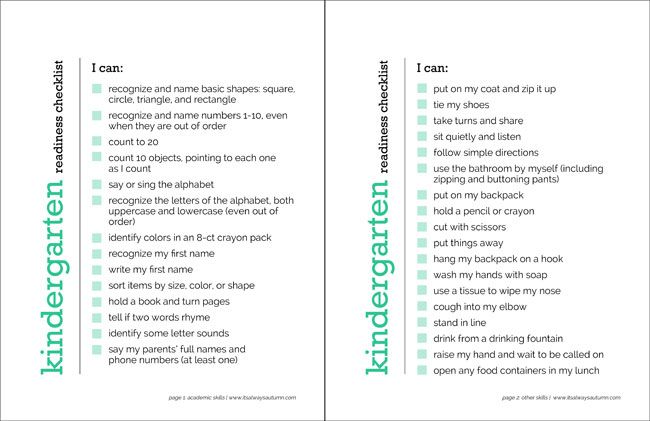
DemiBaby wishes your baby an easy adaptation to the new period of life. Moreover, it is so nice to go to the kindergarten in cozy little things made of natural Komsomol knitwear (see the store's new products page)!
What is important for a child to know and be able to do before kindergarten? This has been known for at least a few months. Therefore, responsible parents have 2-3 months left to slowly prepare the baby for kindergarten.
Of course, a kindergarten is not a school, and a child does not need any special knowledge. But parents should take care to facilitate his first experience of communication in a team. To make it easier for the baby to adapt, in advance: accustom the child to the daily routine that is set in the kindergarten of your choice; instill in him elementary self-service skills; learn how to communicate with other children and caregivers.
Why the regime is so important
Even if your family does not accept or fail to adhere to a certain regime, its observance should be one of the stages in preparing a child for kindergarten.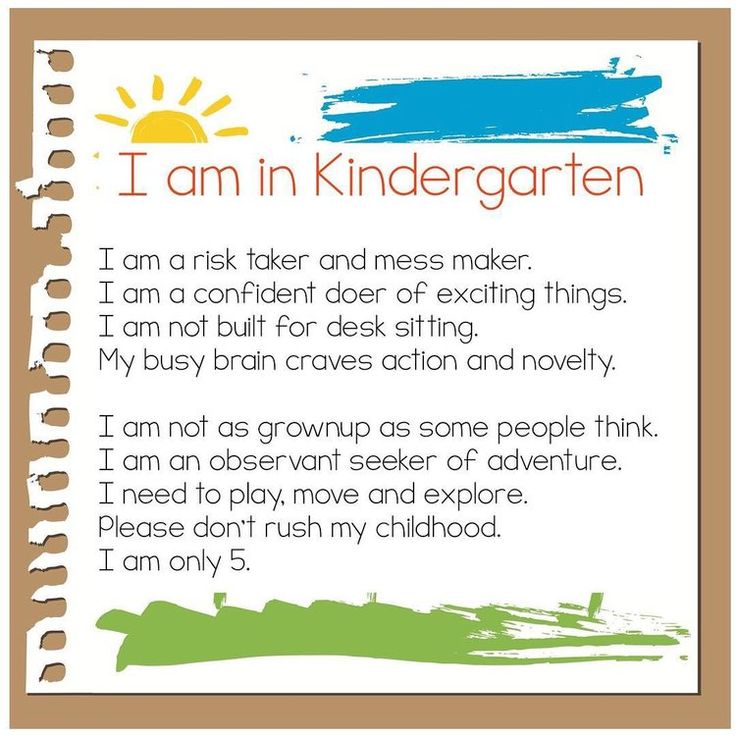
It is important that the baby knows how to fall asleep without a mother, especially during the day. In kindergarten, no one will lull him to sleep. If the child begins to wake up, fall asleep, walk, play and study at a certain time, this will greatly facilitate his period of getting used to new conditions. Compliance with the regime will help to adjust the baby's biological clock, he will be less tired, it will be much easier for him to learn and acquire new knowledge and skills.
Of course, it is better if the parents immediately accustom the child to the daily routine that is set in the kindergarten where he is going to go. Therefore, find out the daily routine in the group and adapt the crumbs to it in advance. So he will get the first idea about the discipline, the observance of which is necessary already starting from kindergarten.
It would be useful if your baby knows the words "can't", "should" and "possible". This will make it easier for him to interact with caregivers and help avoid conflicts with other children.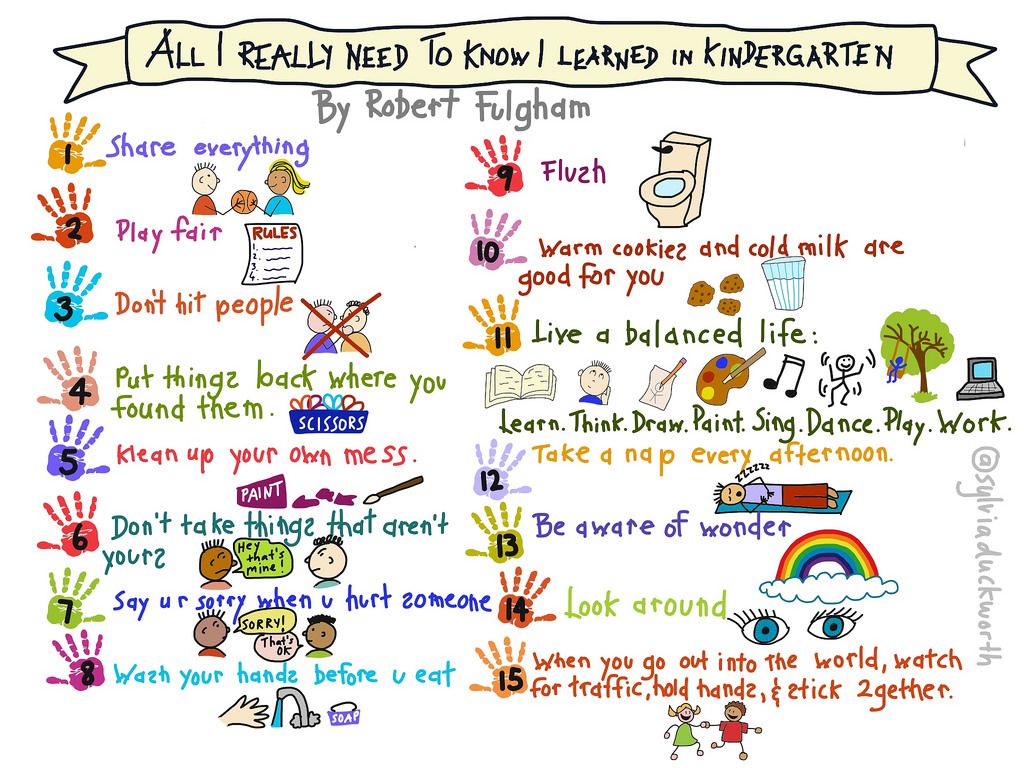 The ability to comply with generally established requirements will ultimately reduce the period of adaptation, make attending a kindergarten a pleasure for a child, and not a heavy duty or punishment.
The ability to comply with generally established requirements will ultimately reduce the period of adaptation, make attending a kindergarten a pleasure for a child, and not a heavy duty or punishment.
What self-service skills will be required for kindergarten
By the age of three, when the majority of children are ready to attend kindergarten, parents themselves try to ensure that the baby has the necessary skills: to put on and take off clothes without adult help; use cutlery; wash your face, comb your hair, brush your teeth.
From an early age, children already enjoy being independent. Starting to walk, they are already trying to do without the help of adults, including taking off or putting on their clothes, socks and shoes. Encourage this effort by making it easy for your child to wear comfortable clothing and shoes with a minimum of buttons, zippers, Velcro and elastic bands that can be easily removed and put on.
Teach him to recognize your belongings and make sure they look neat and clean.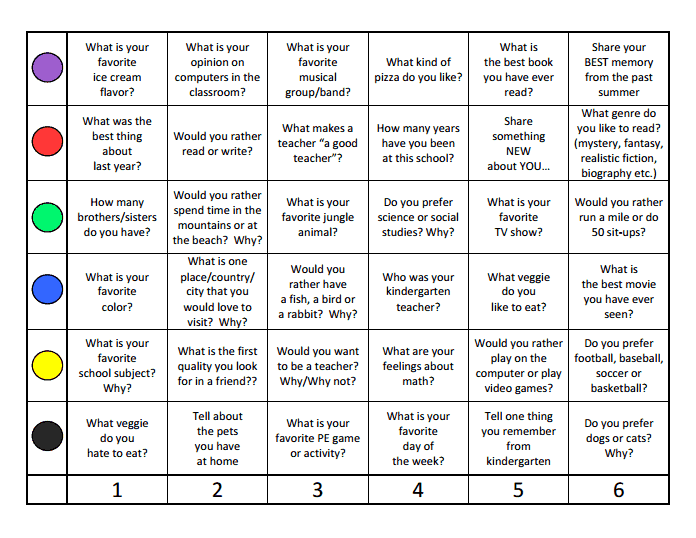 Explain that outer clothing should be hung in a special closet or on a hanger, and lower clothes should be neatly folded on a chair or hung on its back. Even a three-year-old kid can be taught how to clean shoes, wipe them with a special cloth from dust and dirt. Of course, in most cases, his shoes will have to be washed, but the sooner you start teaching your child about neatness, the easier it will be for him in kindergarten.
Explain that outer clothing should be hung in a special closet or on a hanger, and lower clothes should be neatly folded on a chair or hung on its back. Even a three-year-old kid can be taught how to clean shoes, wipe them with a special cloth from dust and dirt. Of course, in most cases, his shoes will have to be washed, but the sooner you start teaching your child about neatness, the easier it will be for him in kindergarten.
Children begin to use cutlery, a spoon and a fork, drink from a cup on their own after a year. During this period, you need to gradually abandon the use of bottles with nipples, special mugs with lids for babies. By the time your child enters kindergarten, these skills to use "adult" cutlery, although smaller, should already be well developed if you do not want your baby to remain hungry. Buy him a special children's service, a spoon and a fork, teach him to immediately hold them correctly while eating.
When teaching him to eat on his own, stop trying to turn the process into a game.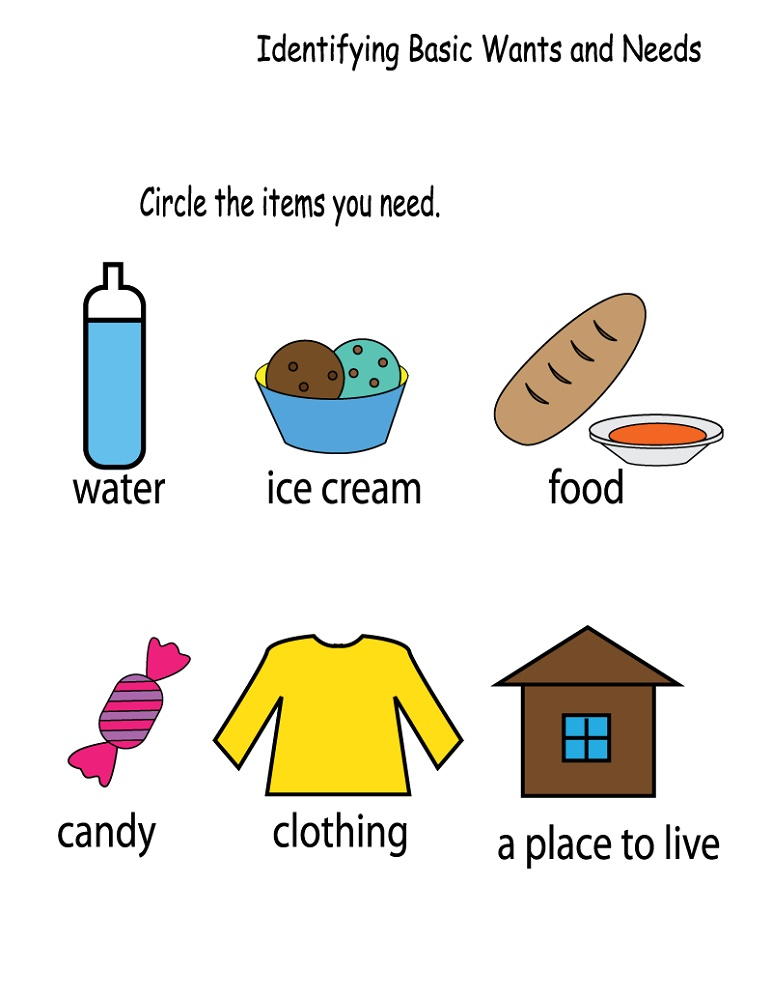 You should not entertain him by trying to feed him “to satiety”, kindergarten teachers will not encourage this approach. Teach your baby to eat carefully, trying not to spill anything either on clothes or on the table. Teach him how to use napkins.
You should not entertain him by trying to feed him “to satiety”, kindergarten teachers will not encourage this approach. Teach your baby to eat carefully, trying not to spill anything either on clothes or on the table. Teach him how to use napkins.
Parents should also take care of their baby's diet. He will not have the opportunity to choose dishes in the garden. Therefore, teach him to eat what is offered. Explain that for games and activities he will need a lot of strength, and for this he needs to eat well.
Hygiene skills are also taught to the child before kindergarten. One particularly important habit is hand washing. This should be done not only before each meal, but also after walking and playing. Teach him to roll up his sleeves so that in kindergarten he does not walk around with wet sleeves after every wash. Brushing your teeth will be more difficult - not all young children enjoy this process. Therefore, provide your child with a soft toothbrush and toothpaste that tastes good.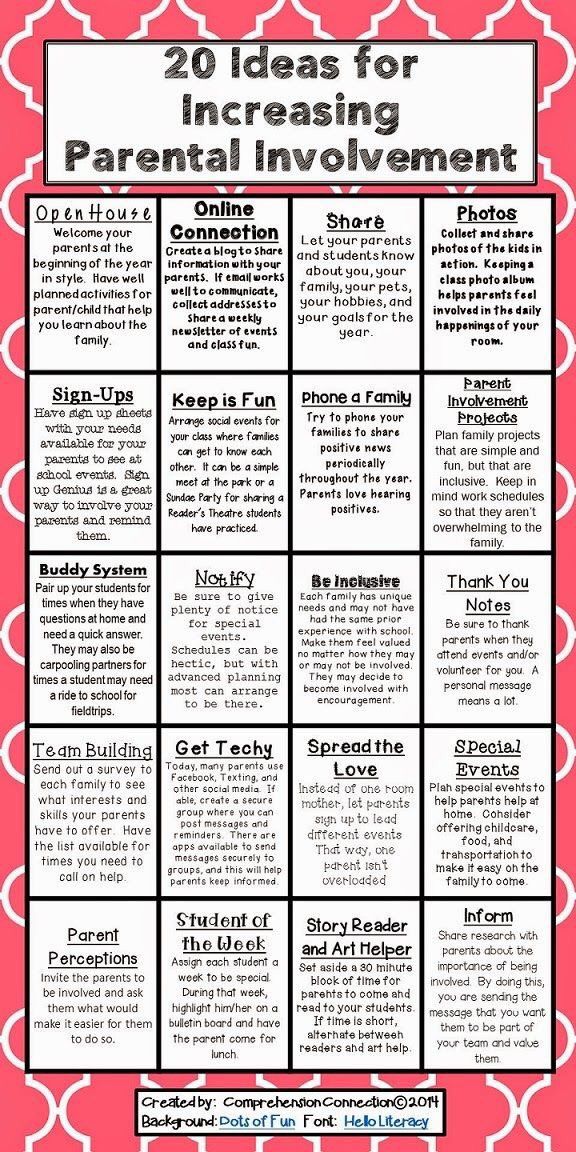
One of the most essential skills is the ability to go to the toilet on your own. Diapers, of course, are a convenient thing, but after two years the child should be accustomed to a potty or a toilet with a special seat. In kindergarten, he will be able to use the potty that he is used to at home, the teachers will not mind. Teach him to use toilet paper carefully, to remove and put on panties and tights on his own.
The child must be able to communicate
The first communication skills the baby receives in the family. The more relatives and friends you have, the easier it will be for him to socialize in kindergarten. But a child can also learn to communicate during joint walks with his mother, meetings with other children on the playground. The more open the parents are to contact, the easier it will be for the baby.
Set an example for your child, communicate actively with strangers in front of him, get to know other parents and children.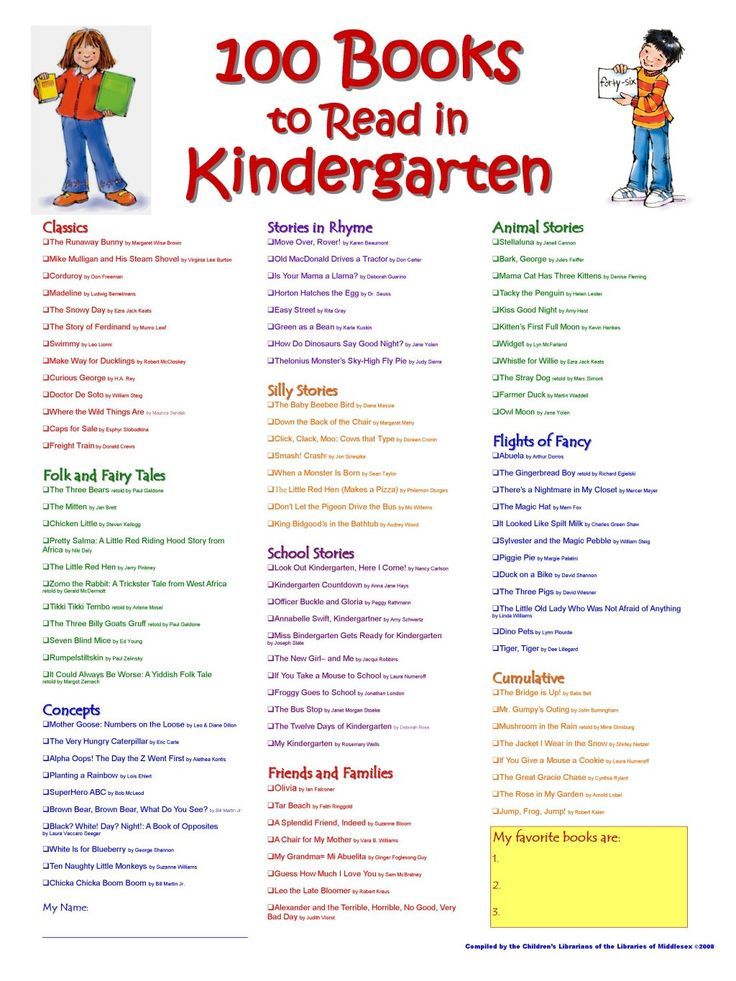 Encourage the initiative of your child, if he shows interest in the people around him and other children, he should not be shy himself and close up when strangers turn to him. Go with him to visit, spend children's holidays in your family. Leave him for some time alone at a party, with friends or relatives who do not live with you. The child should not be afraid that parents, mother are not always there.
Encourage the initiative of your child, if he shows interest in the people around him and other children, he should not be shy himself and close up when strangers turn to him. Go with him to visit, spend children's holidays in your family. Leave him for some time alone at a party, with friends or relatives who do not live with you. The child should not be afraid that parents, mother are not always there.
Instill in your child a sense of empathy, empathy, the ability to put yourself in the place of another person. Even a three-year-old person is able to realize that not all of his whims and desires should be fulfilled, especially to the detriment of other children. Set him up to be friends with other boys and girls and not offend them, share treats and toys with them.
Accustom the child in the family to group forms of interaction: joint games, cleaning the apartment, evening gatherings, reading books, watching movies. The kid should enjoy communicating with both relatives and strangers, whether they are adults or children.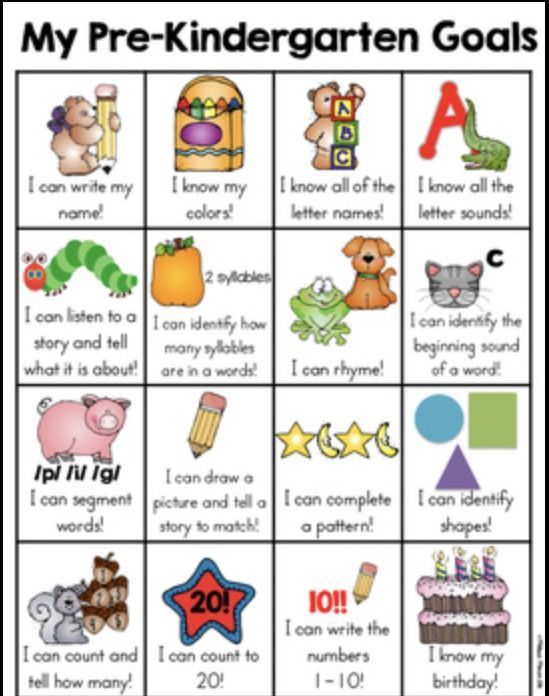
At the same time, your child should be able to play and study independently by the age of three. Leave him alone with toys more often, because even at home, mom does not always have the opportunity to spend with the child all the time. Find him things that he can do for some time on his own: for example, drawing, coloring, modeling, assembling a designer, folding and moving objects, toys.
Prepare your child for the fact that the teacher is responsible for all children and cannot pay attention only to your child. Maintain the authority of educators in the family, do not allow them to speak badly about them in the presence of the child. And, importantly, teach him to formulate and express his desires. This is necessary so that the baby can ask for the toilet in time, inform the teacher about his other needs.
Intellectual development of the child before kindergarten
The level of development of your child must also meet certain requirements.